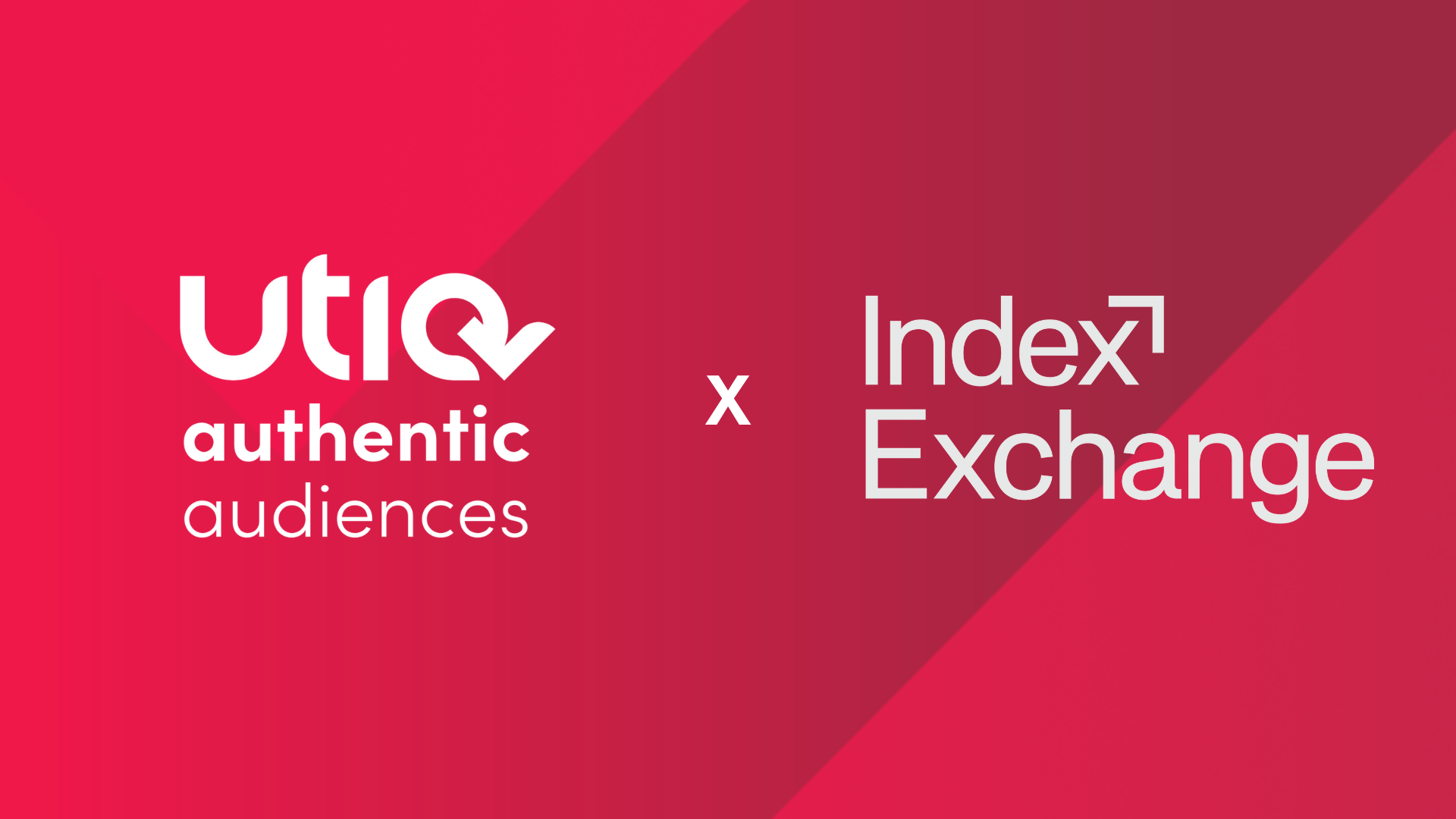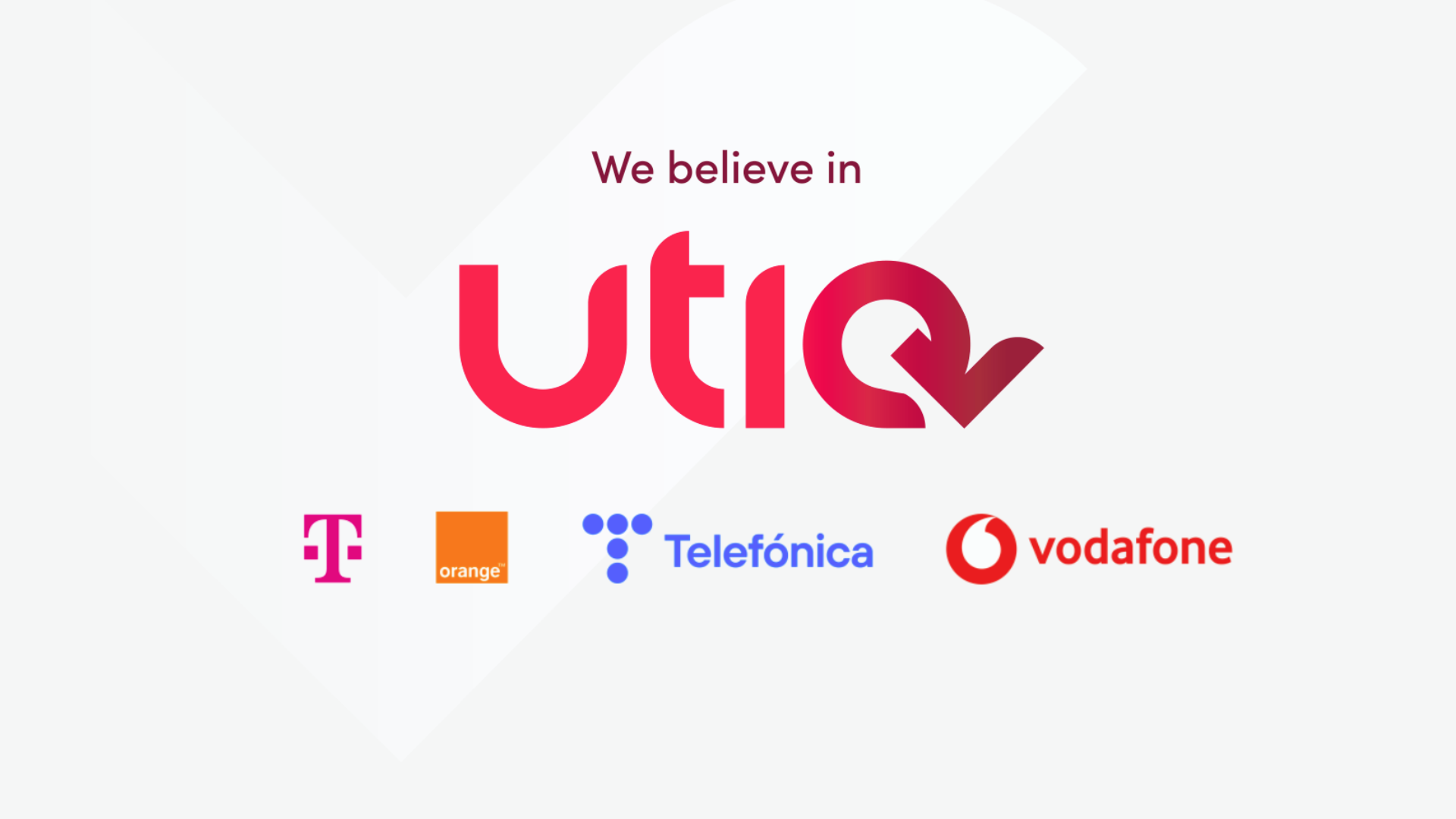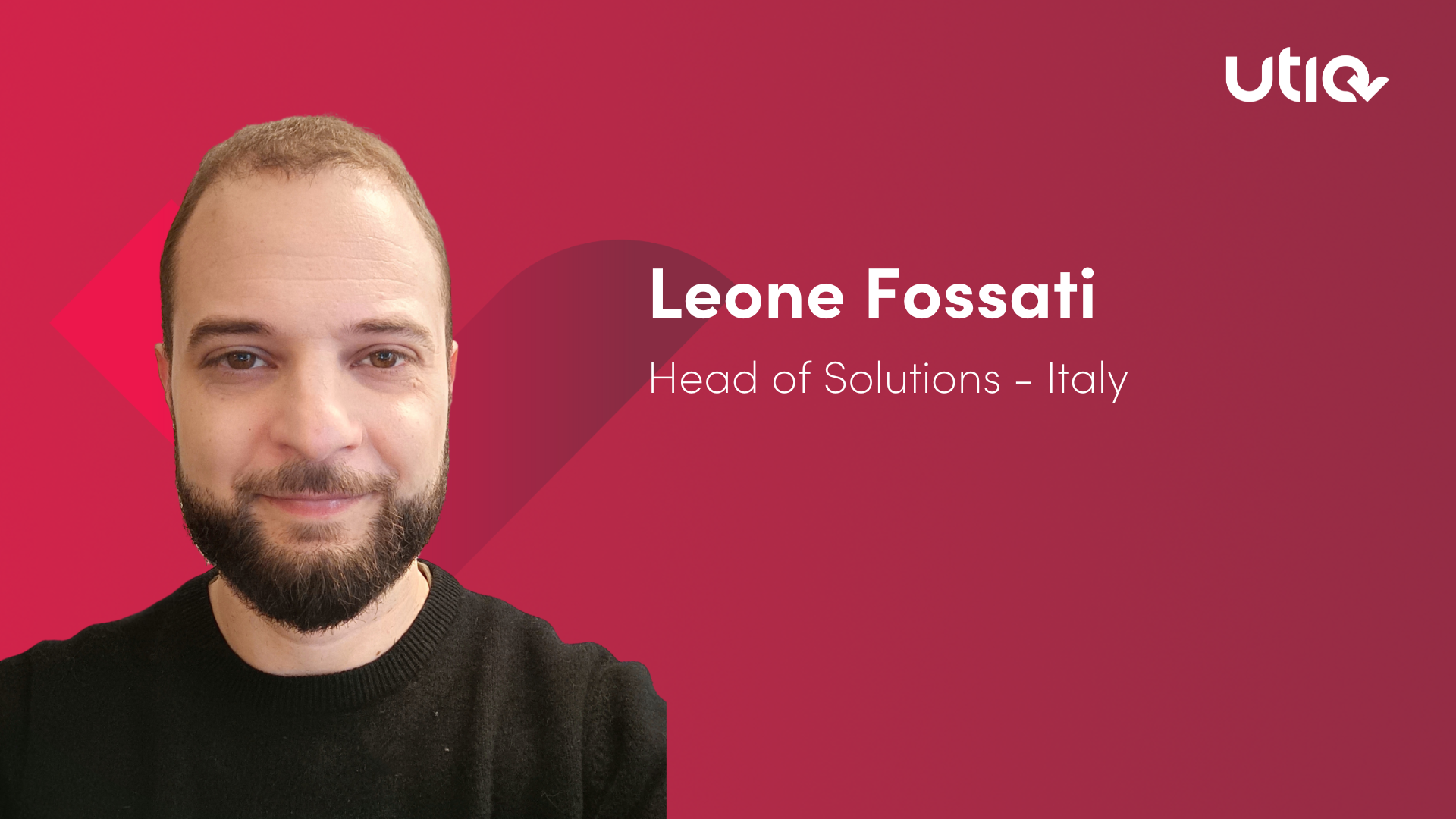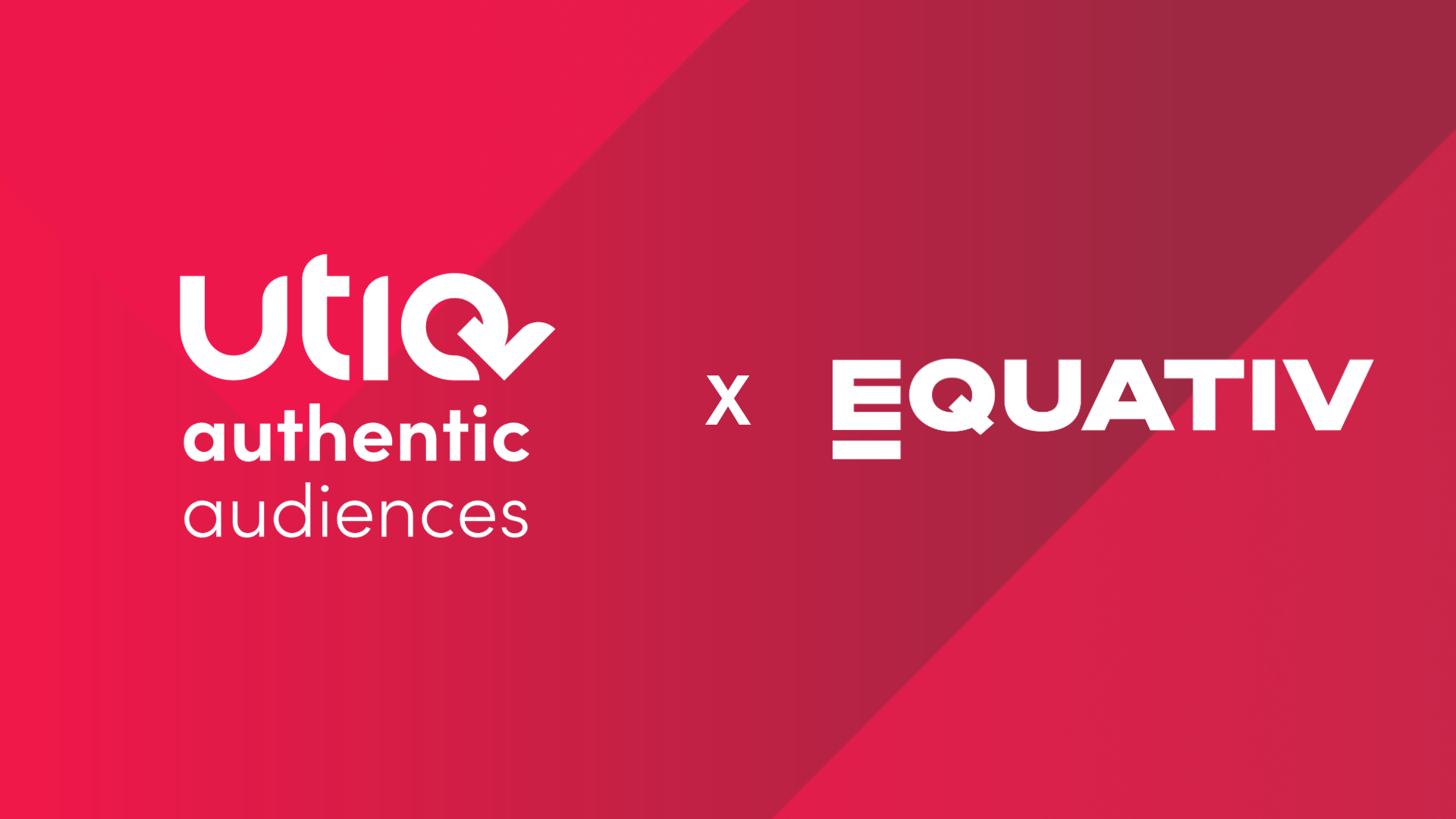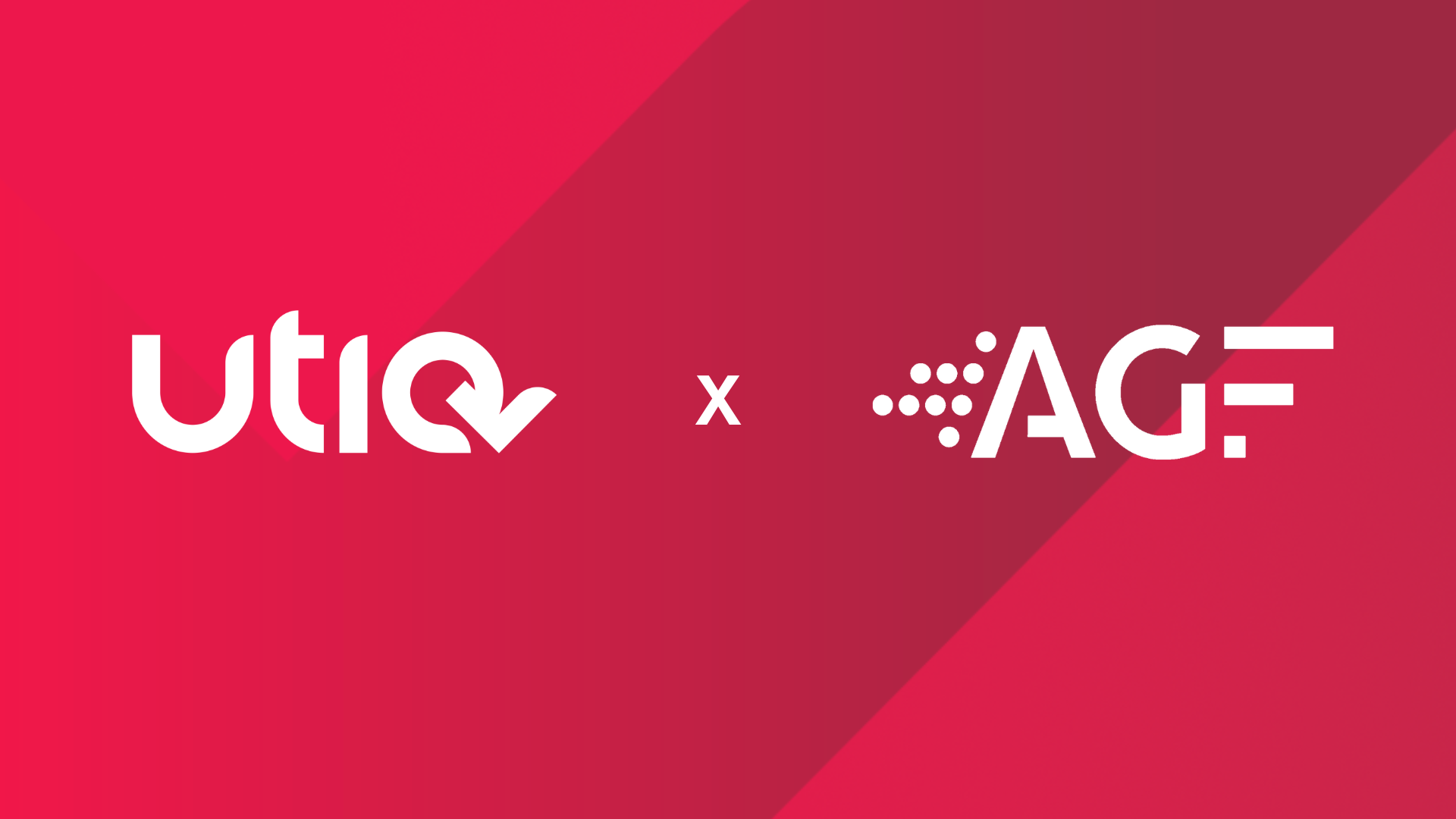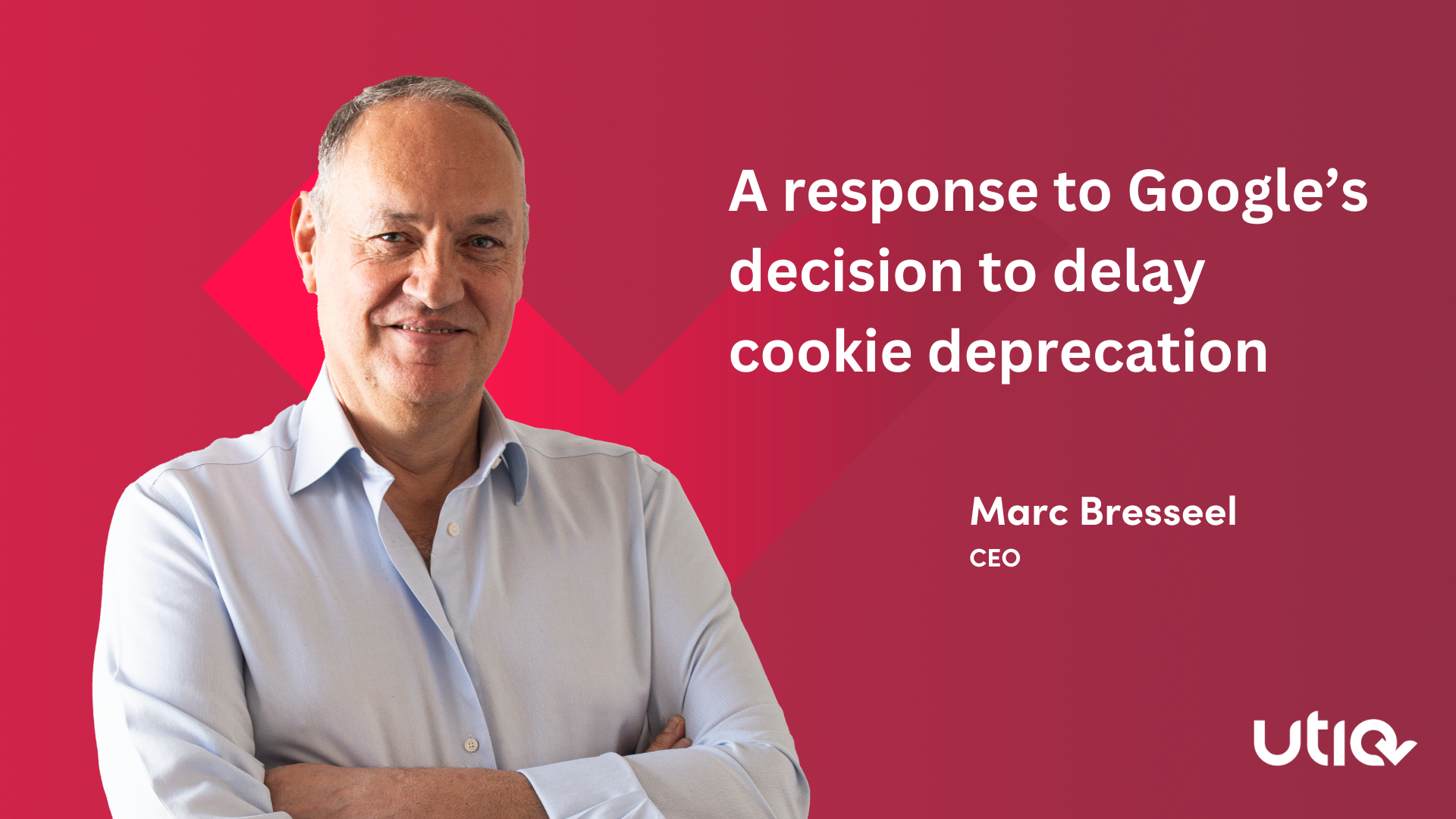THE UTIQ MANIFESTO: PRINCIPLE #7

Enabling a trusted and responsible digital world for everyone
Creating a new reality means collaboration between people, publishers, brands, and regulators. It’s developing new technologies and business models that prioritise user privacy and data protection. It’s about educating users on their rights and responsibilities, empowering them to take back control over their privacy choices.
Our beliefs are clear. They guide our behaviours, business decisions, service development, and the actions of our people, and we hope they can act as agents of change across the industry.
You can watch our manifesto film here
This is the penultimate in a series of posts that delve a little deeper on the principles that underpin Utiq’s purpose.
Principle #7: With data-driven advertising, less is more.
As a digital industry, we have tended to put profit ahead of purpose, and in doing so, commercial interests ahead of consumers. Users’ digital footprints and the pools of data created have been exploited by targeted marketing, characterised by hyper-profiling, fingerprinting, and aggregation marketplace models.
Armed with sophisticated algorithms and extensive databases, our industry has created capabilities to construct eerily accurate profiles of users from these datasets. Driven by this exhaustive knowledge of personal habits and preferences, a culture and practice of micro-targeting has been fuelled, that often crosses the boundaries of privacy and intrusiveness.
It is time to champion a paradigm shift – a “less is more” approach to the use of personal data in digital advertising. This is an understanding that more data does not equate to better user experiences. That minimalised and decentralised data use reflects a philosophy where simplicity enables user choice and privacy – the key to a people-first digital advertising future.
But what do we mean by data minimalization and decentralisation principles?
Data minimization emerges as a powerful antidote to the “data obesity” that has come to define the digital advertising industry. By championing the collection of only essential information, businesses can navigate privacy regulations more effectively, while simultaneously fostering an environment of trust with their users.
Decentralisation, as a guiding principle, seeks a redistribution of empowerment and control to users. It is a call for a democratisation of data, where individuals have a say in how their information is used and who benefits from it. But by extension, it infers that data should remain where it has been consented and created – namely with the brand or publisher.
Mass collection and storage of data incurs significant financial costs, so by streamlining data practices, businesses can allocate resources more efficiently. This is not just a cost-cutting measure; it is the frugal and meaningful use of relevant data that can power better online experiences – better for people and better for business. This is a strategic transition towards a more agile and responsive digital economy.
Utiq operates to a set of actionable principles that serve the long-term interests of the entire digital marketing ecosystem. Our streamlined operating model has been built from scratch to use only limited data volumes with limited signal life-spams, where our “martechpass” is a signal that remains active for only 90 days on the website where consent was given. Only randomised signals are shared with advertisers and publishers, and these do not contain directly identifiable data. We do not adopt probabilistic or fingerprinting techniques, create Identity graphs, or access or use of any PII (CRM, location etc).
Our “less is more” approach is not a rejection of progress; it is a rallying cry to shift our focus from capturing the greatest volume of data possible, to using what is reasonable, responsible and effective. By embracing these same principles and actions, we can all pave the way for a digital economy that represents a more sustainable and thoughtful approach to using personal data in advertising.



